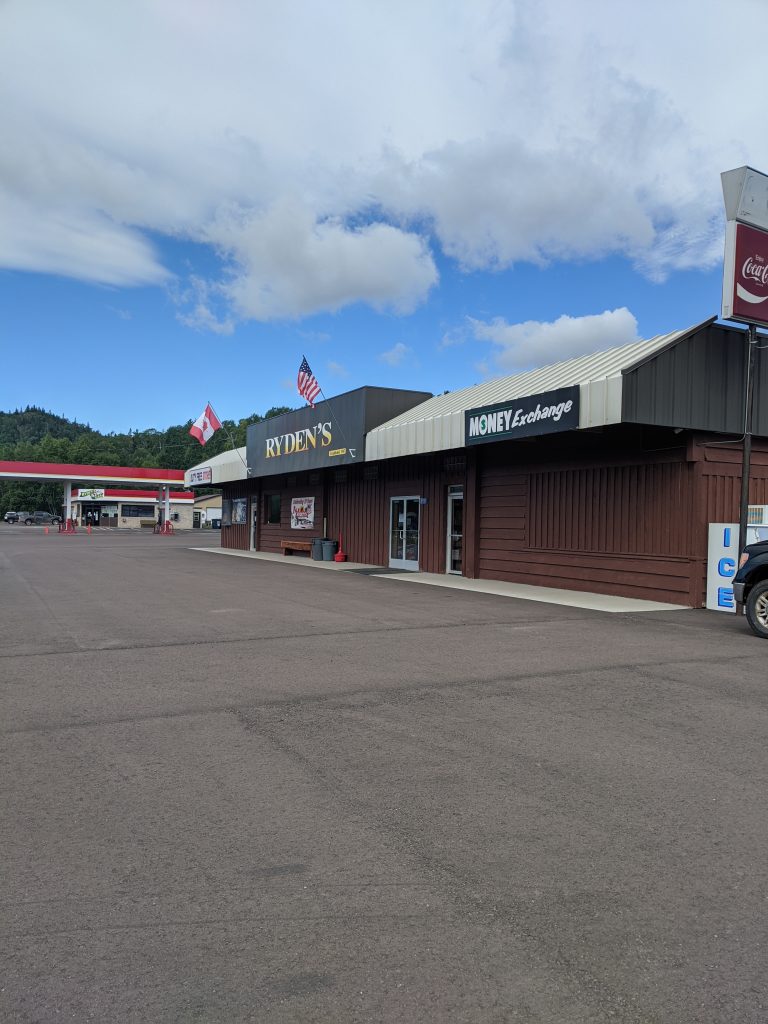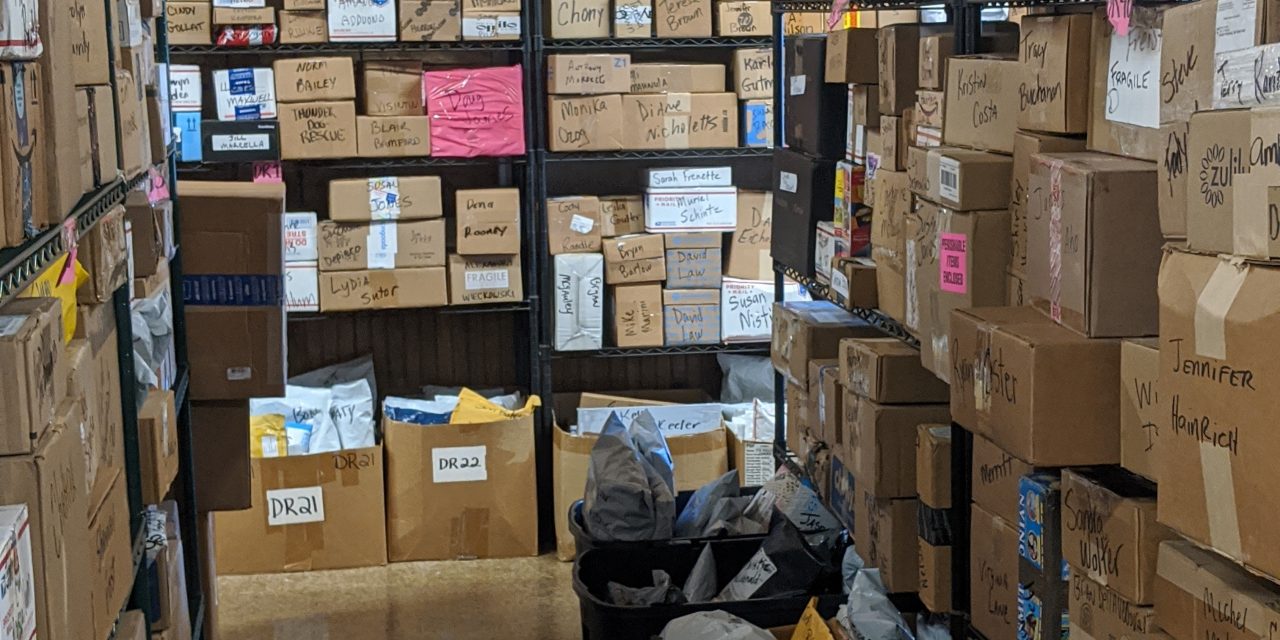How the Prolonged Closure Affects Local Parcel Shipping
By Matt Prokopchuk
When asked what the ongoing pandemic has meant for her business, Lori Boomer, the owner of Ryden’s Border Store, just south of the Pigeon River crossing, doesn’t mince words. “First and foremost, it’s basically killed the whole business this whole season,” she says. “No tourists, no Canadians, so it’s been awful.”
While the popular business offers a wide variety of services to cross-border travellers, it also features a heavily used parcel service: Thunder Bay-area residents and businesses often ship items bought in the United States to Ryden’s, then make the drive to the border to pick them up, typically saving significantly on shipping costs. The border being closed for the past six-plus months means individuals can’t cross to collect their goods, which has similarly cut into the parcel service part of Ryden’s bottom line. Boomer says, pre-COVID, they typically handled hundreds of parcels daily; now, it’s more like 30 to 50 per day. “We’re still receiving parcels, not as much as if…the border was open,” she says. “But we’re finding places to put them.”
While the pandemic has meant tough times for Ryden’s, a new company in Thunder Bay is seizing an opportunity. James Foulds is the founder of Border Giant, a local business that started out developing software to lower the costs of clearing customs by automating the data entry required by commercial carriers to cross. To test the software, he registered as a broker and commercial carrier and started taking locally made items south to Ryden’s to be shipped further into the U.S. When the pandemic hit, he pivoted to also bringing packages back from the border store. Wedding dresses and even puppies were some of the things his company brought back into Canada in the early days of the pandemic.
“We’ve been dedicating a lot of work to try and clear up this backlog for the goods that are sitting at Ryden’s, like the individual purchases,” he says. “Word just started [to spread]; every week we’d get more and more phone calls about something stuck.” Currently, Foulds says, there’s a roughly a five-to-six week waiting period to have a personal package brought back from Ryden’s; he adds, however, that the system is speeding up. His business charges $15 per parcel or package to bring back.

At Ryden’s, Boomer says that Foulds’ business has helped alleviate some of the space crunch. She adds that, while the pandemic has hammered her bottom line—overall, Ryden’s business is down about 95%, she says—she is determined to stay open. “We’re going to survive. We’re going to be here when this nonsense is over,” she says. “I’ve had to lay everybody off and I took out a loan…we’ll be alright. It’s hard, but we’ll be alright.”















